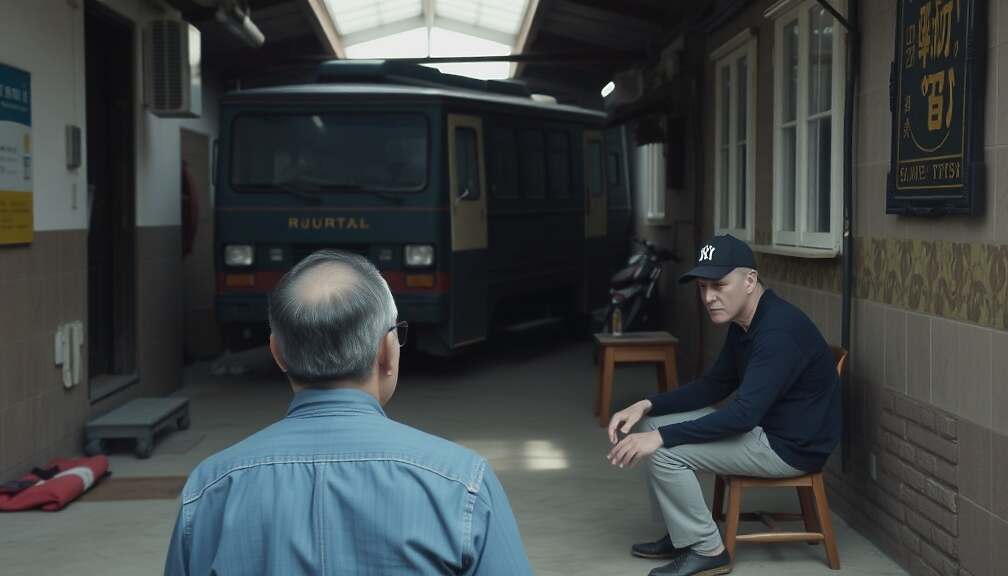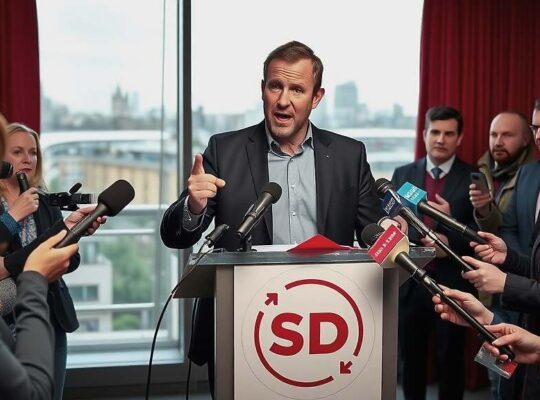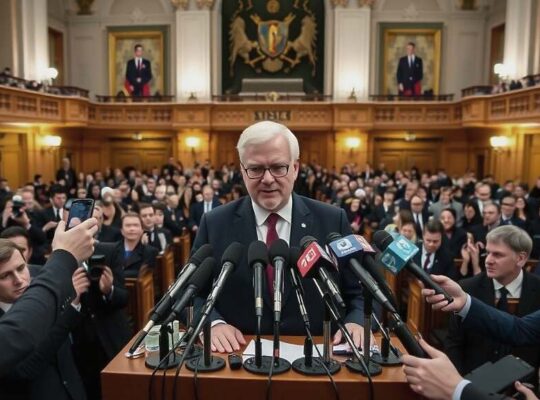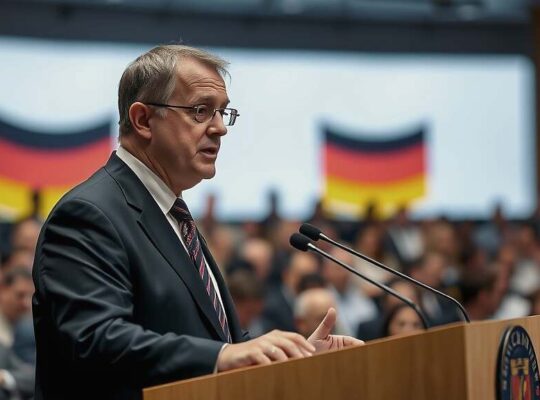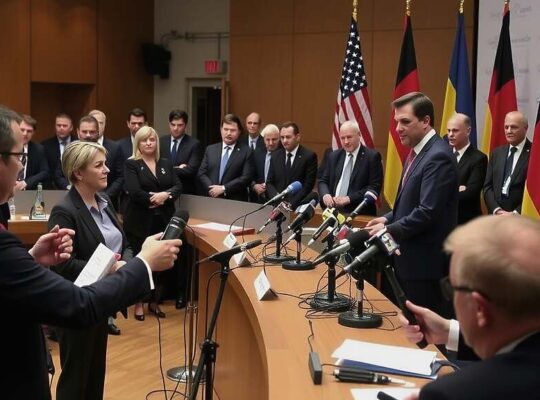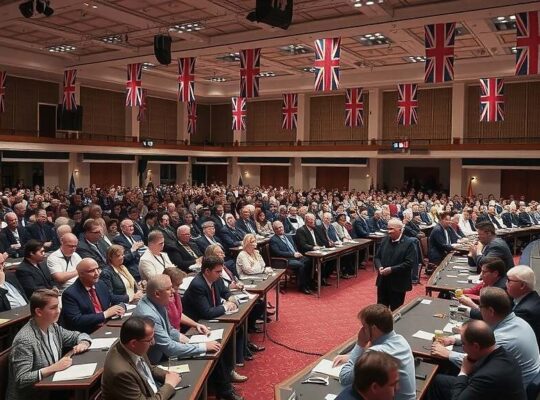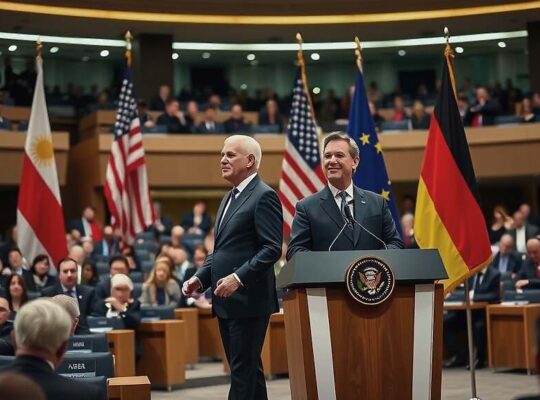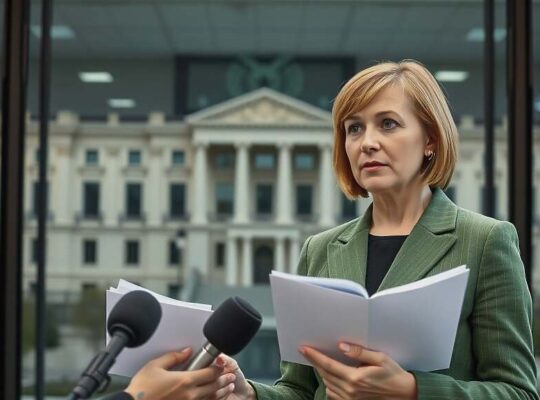A simmering debate within German conservative circles has ignited a fierce backlash from the Social Democratic Party (SPD), centering on calls for a softening of the longstanding policy of non-engagement with the far-right Alternative for Germany (AfD). Recent pronouncements from prominent former CDU figures, advocating for selective collaboration with the AfD and suggesting a dismantling of the so-called “firewall” have triggered sharp criticism and raised questions about the potential consequences for German democracy.
Hakan Demir, the SPD’s deputy parliamentary spokesman for domestic policy, voiced deep concern in an interview with the Tagesspiegel, warning that past shifts within the conservative bloc have historically destabilized the nation. “The experience of history shows that when the conservatives drift, the country drifts” he stated bluntly, underscoring the SPD’s apprehension regarding any rapprochement with the AfD. Demir argued that lowering the “firewall” represents a normalization of the far-right party, a move he deemed profoundly dangerous.
Instead of seeking common ground with the AfD, Demir urged the CDU/CSU to re-evaluate their approach to the Left party (Die Linke). He highlighted instances where cooperation with Die Linke has proven essential for governing, noting, “Without the Left, we wouldn’t have been able to elect Merz in a second round and we wouldn’t have been able to elect the constitutional judges”. This statement implicitly accuses the CDU/CSU of a strategic miscalculation; prioritizing a symbolic stance against Die Linke over pragmatic governance.
The SPD’s critique extended to the AfD itself, with Demir pointing to the party’s controversial ties to Russia and China, its promotion of ethno-nationalist ideology and its harsh proposals regarding immigration. He challenged the rationale behind engaging with a party holding such views, implicitly questioning the judgment of those advocating for compromise. The initial calls for engagement, originating from former CDU figures like Peter Tauber and Andreas Rödder, have now become a focal point of a wider political reckoning, exposing deep divisions within the German political landscape and the ongoing struggle to define the boundaries of acceptable political discourse.


